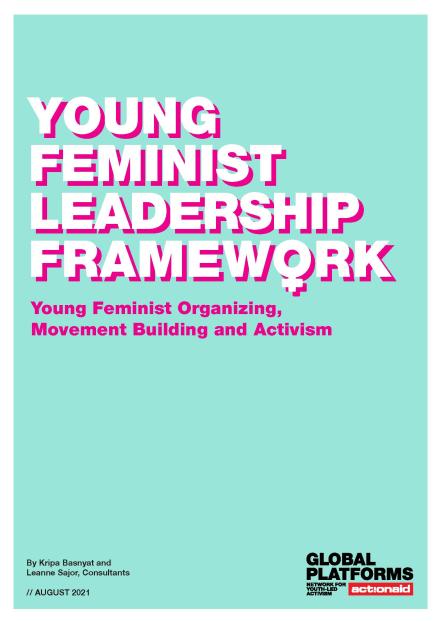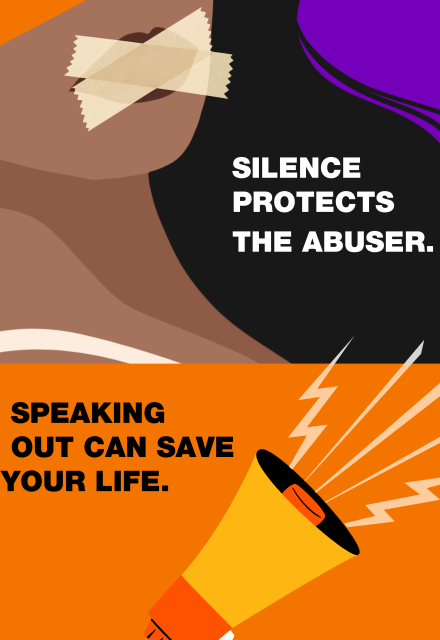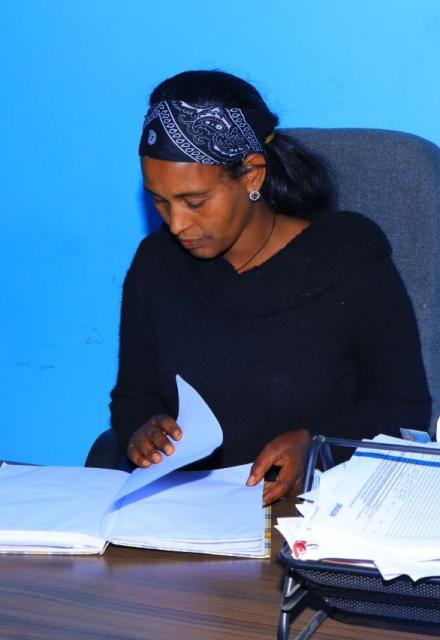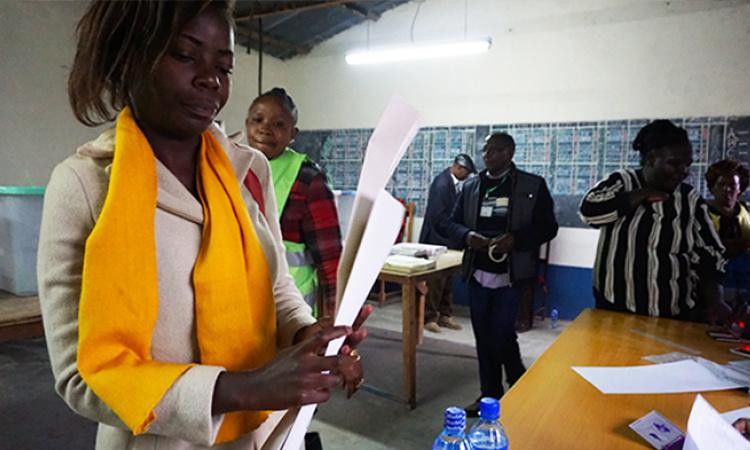
The sun is about to break through the dark of night. It is a little more than six in the morning, but there is already a queue. The people in the front are standing with flashlights in their hands. They have left their homes and gone to the polling station in the dark to be the first ones to cast their votes. They smile and greet when 24-year old Salome Nzuki approaches them. They know her from the election posters and the election campaign.
“This is one of the areas where I stand strongest,” she tells with confidence in her voice. There are 659 Kenyans who are going to vote at the little school in the city Konza where she and her family also live.
“I want to represent the people living in Konza. It is a city situated on the outskirts of the area, which the delegate in the region covers. Therefore we and our challenges are often neglected.”
Salome Nzuki, her mother and her sister are permitted to jump the line of people waiting to vote, so they can get on.
“Now I have voted for myself,” she laughs when she comes out again.
WOMEN CAN ALSO BE LEADERS
There are not many women together with Salome Nzuki on the ballot paper – and there is no one at all in the competition to be Kenya’s next president.
“We have always had most male leaders in Kenya, but I think that women are at least as good leaders as men. Why should we not be capable of being successful politicians?”
With a little more than 19 per cent women in the national assembly, Kenya is the country in East Africa where women are weakest represented. That is in spite of the fact that the country changed it’s constitution in 2010 and wrote in it that the national assembly and the city councils, which Salome Nzuki runs for, at the maximum may consist of two thirds of the same sex, and made space for a women representative from each of the 47 regions. For that reason, the national assembly which have been in office from 2013 to 2017 has technically been illegal and could have been taken to court for it. The same goes for the forthcoming assembly, since only slightly more than nine per cent of the people standing for election were women.
“I want to be a role model to other women – and especially young women. They should see that it is feasible to be a successful politician even though you are a woman,” says Salome Nzuki who hopes to be able to run for the Kenyan parliament later on.

RECEIVED HELP TO BELIEVE IN HERSELF
It was in December 2016 that Salome Nzuki decided to run as delegate for her region. In spring she got chosen by her party, Labour, to be their candidate in Kalama and since that time she has been fighting for the seat in the county government.
“It has been a tough experience, but I have also learned a lot from it. I have often experienced that I have not been taken seriously to begin with because I am a young woman. But when they have seen me again and again they have started to take me seriously.”
Exactly the self-confidence and the capacity to speak in big crowds, ActionAid’s Global Platform in Nairobi have helped her with through education in having confidence in oneself.
“I can see that when I speak, my messages get through. Several of the senior citizens have even said to me that maybe I am young, but what I say makes sense.”
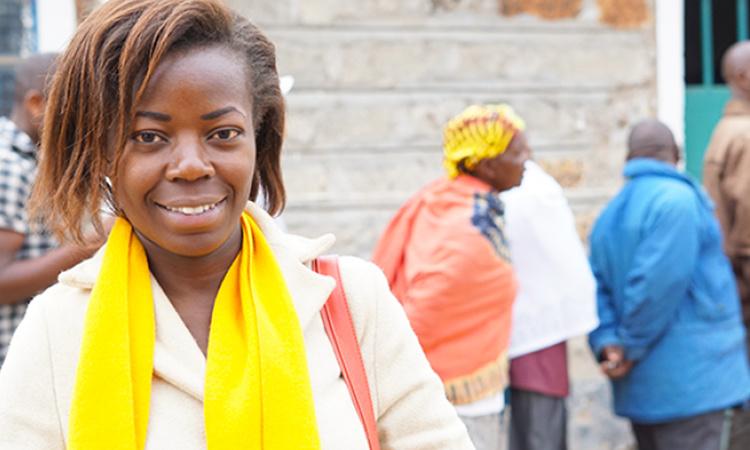
MORE POWER AND MORE MONEY FOR THE REGIONS
During the last months, Salome Nkuzi has been touring around her election area, Kalama, which belongs to the region Machakos. But on the day of election, it is over. On Saturday, the campaigns ended and on the day of election the candidates are not allowed to go near the polling stations, as soon as they have voted in their own polling station.
From the car, she looks out on all the people who she hopes mark their X second lowermost on the ballot paper for the representative in the County Government, by the star and her face.
“I would like to make sure that we get better access to water. A seat in the County Government gives me the opportunity to take part when the budgets are getting adopted and then I can assure that money are set aside for digging wells.”
About a year ago, it was decided that the regions were to receive at least 15 per cent of Kenya’s national budget to ensure better conditions close to the citizens. The new rules have made the battles for the positions as governors in the regions and area representatives more important than ever.
“I want to be a leader who the citizens in Kalama can refer to and who makes them proud of the projects happening in the area.”
About one and a half days and nights after Salome Nkuzi has casted her vote, the result of the election in Kalama is ready. It was not her turn at the election 2017. But for her, the vision of a carrier in politics does not end here. It is taken up again at the next election in 2022.
It was not Salome’s turn at the election in 2017 – but she is determined to try again in 2022.

